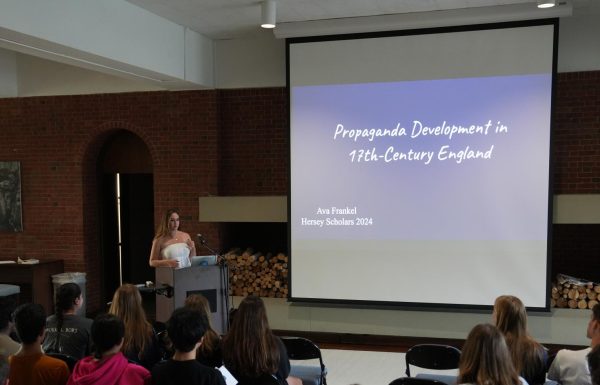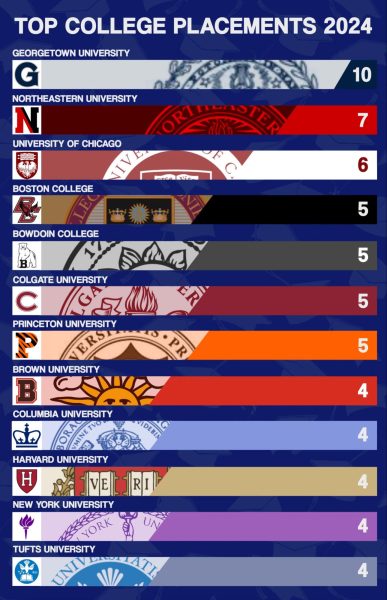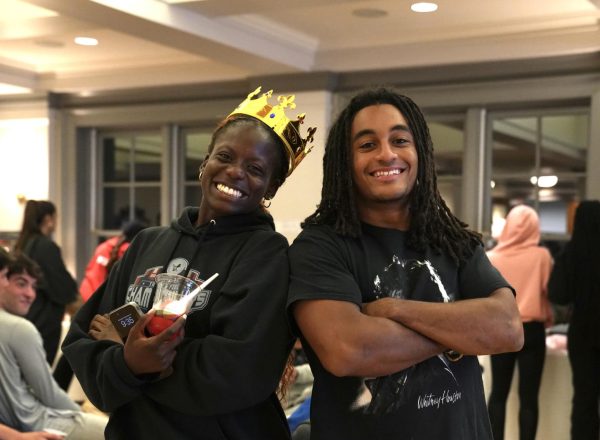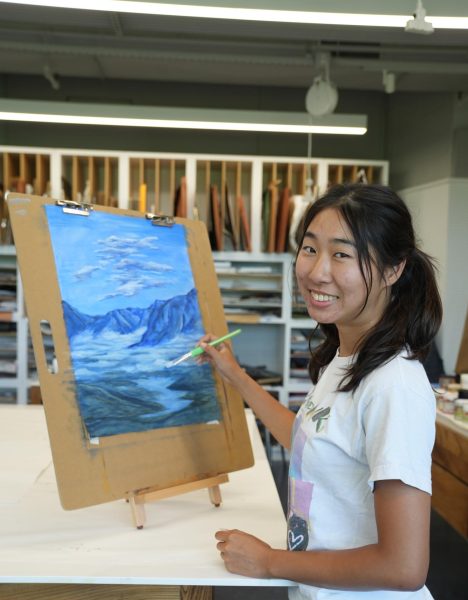Justin Jacobs on Compensations of Plunder
Professor Justin Jacobs from American University will visit the school tomorrow, Friday, February 28 to talk to faculty and staff about his upcoming book, Compensations of Plunder: How China Lost its Treasures. The talk will take place from 4:30 to 6:00 p.m. at the Center for Global Understanding and Independent Thinking event space.
Dr. Jacobs is Associate Professor of History at American University, where he focuses on China, especially Xinjiang, the Silk Road, and governance of minorities. He has written two other books, Indiana Jones in History: From Pompeii to the Moon and Xinjiang and the Modern Chinese State. He also hosts a podcast called “Beyond Huaxia: A College History of China and Japan,” and edits the Silk Road Journal, a website about Eurasia’s culture and history, including the latest archaeological news.
In investigating the emergence of Chinese artifacts in the West, Jacobs finds that many of the antiquities were willingly traded to Western explorers for mutual gain. Jacobs writes, “For the [Chinese] locals, however, the antiquities were merely one element—and by no means the most important element—of a much more pragmatic barter relationship in which mutually beneficially resources were constantly exchanged among various parties with different agendas.”
Jacobs was originally invited to speak about his book Xinjiang and the Modern Chinese State, which tells the political history of the Han dynasty officials who were in charge of Xinjiang province, which is inhabited mainly by Chinese minorities such as Uighurs, Kazaks, Mongols, and Tajiks. In the book, Jacob argues that governmental strategies in the region from the Qing dynasty through the Communist era were shaped by and a response to competing regions with ethnic diversity in East Asia, especially in the Soviet Union.
The topic of the upcoming talk was changed because of the current controversy over the Chinese government’s response to the coronavirus outbreak. Mr. Jared Hall, dean of academic life and organizer of the event, said, “[Xinjiang] is an important topic that I’d like to have a robust discussion on, but given what is happening in China right now with the spread of coronavirus/COVID-19, it’s not the appropriate time to be tackling issues of the highest level of sensitivity.”
Students will also have the opportunity to engage with Jacobs at 6:00 p.m. after the talk.













